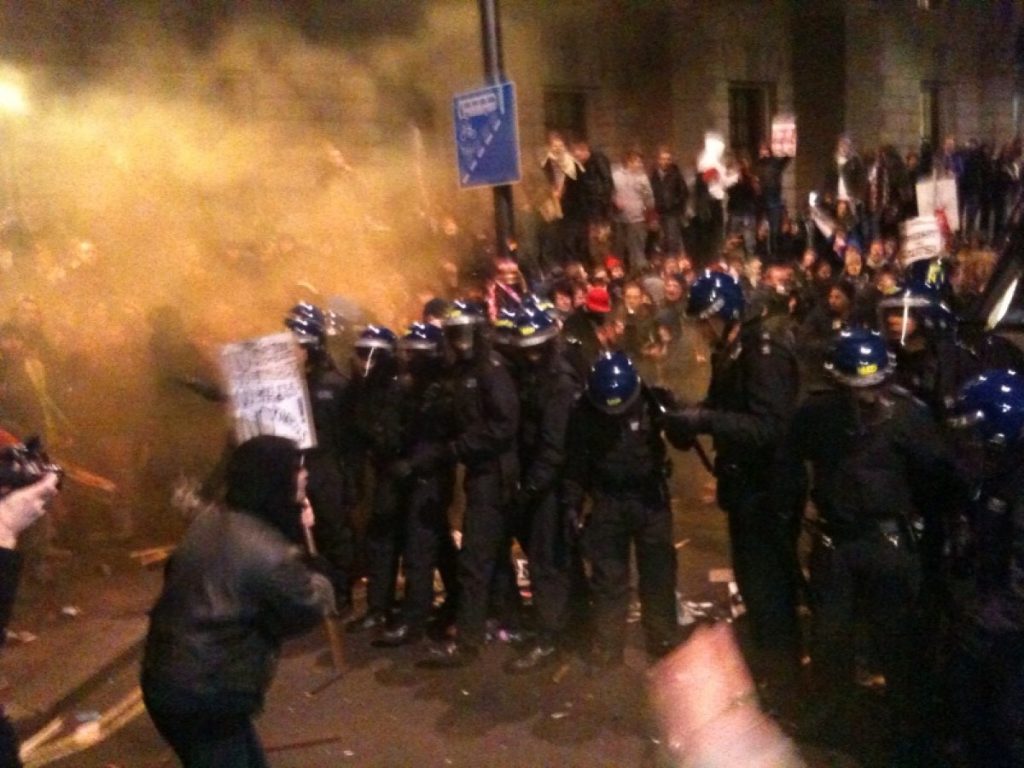The week in politics: What happens when promises are broken
It’s as if the Liberal Democrats decided to conduct some sort of elaborate experiment. What actually happens when a party decides to break its word?
This week we found out. Having promised to oppose all tuition fee hikes before the general election – and everyone knows a photocall pledge is worth so much more than a manifesto commitment – 36 Lib Dems either voted for or abstained on the issue on Thursday. Outside, protestors were – to be frank – going nuts. Parliament Square – whose grass had only recently recovered from its last protester abuse – was trashed once again. Nothing was safe from students’ anger. The Treasury. The supreme court. Even Topshop.
It came as the culmination of a week of growing tension. You know it’s looking bad when politics.co.uk uses the word ‘meltdown’ four days before the vote. It’s looking even worse when the Smiths ban you from liking them, as happened to David Cameron on Monday. You know it’s worst of all when the prime minister’s veiled comments appear to criticise his coalition partners, rather than the opposition, in PMQs.


The trauma left by this week is not going to fade away. MPs have agonised over the issue. Some have even ended up dreaming about it, so invasive and all-embracing has tuition fees become. The aftermath began today, with the Metropolitan police beginning an investigation into those “thugs” and their violence. This, it seems, is only the beginning.
It wasn’t the only news this week, of course. The arrest of Wikileaks founder Julian Assange dominated headlines earlier on, with huge cynicism greeting his rape charges even as his website continued to wreak diplomatic havoc around the world. On a smaller scale, Britain’s relations with Russia took a minor step backwards when Lib Dem MP Mike Hancock (what a busy week he’s had) discovered his Russian researcher was about to be deported for spying.
While Ed Miliband was busy attempting to lead the Labour party, his New Labour pals of the old generation were managing to infiltrate their way into the news. Gordon Brown, plugging his new book about the financial crisis, warned us that we were ‘misled’ by the banks. Stephen Byers and Geoff Hoon were among those who found themselves losing access to parliament as punishment for their involvement in the cash-for-influence scandal. And then there was Tony Blair, who discovered he’ll be back before the Iraq inquiry in the new year. What a treat to look forward to over the festive period.









